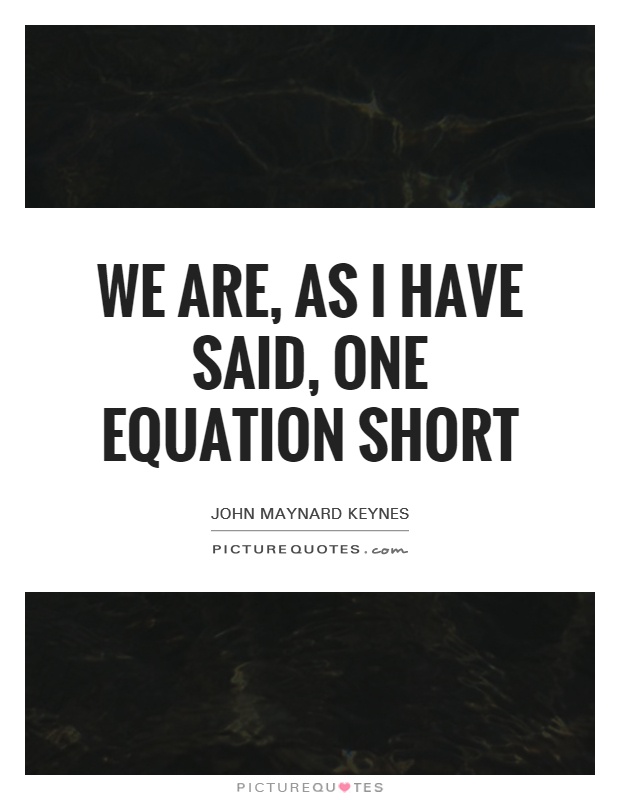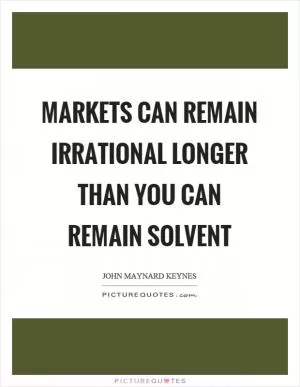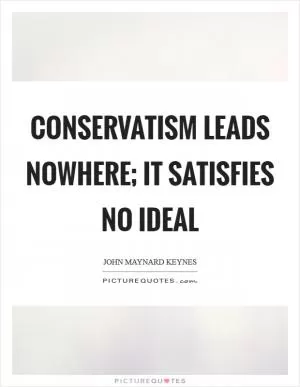We are, as I have said, one equation short

We are, as I have said, one equation short
In the context of John Maynard Keynes, the statement "We are, as I have said, one equation short" holds significant meaning. Keynes was a renowned economist whose theories and ideas revolutionized the field of economics and had a profound impact on economic policy and theory.Keynes believed that the economy was a complex system that could not be fully understood or predicted using traditional economic models. He argued that human behavior, emotions, and irrationality played a significant role in shaping economic outcomes. Keynes challenged the prevailing economic orthodoxy of his time, which emphasized the role of markets and believed in the self-regulating nature of the economy.
Keynes famously stated that "In the long run, we are all dead," emphasizing the importance of addressing immediate economic challenges and promoting government intervention to stabilize the economy. He advocated for government spending and fiscal policy as tools to stimulate economic growth and reduce unemployment during times of economic downturn.
The statement "We are, as I have said, one equation short" reflects Keynes' belief that traditional economic models were incomplete and failed to capture the full complexity of the economy. Keynes argued that there was a missing piece in the economic puzzle, a key equation that would help economists better understand and predict economic behavior.
Keynes' ideas laid the foundation for modern macroeconomic theory and policy. His work influenced the development of Keynesian economics, which emphasizes the role of aggregate demand in shaping economic outcomes. Keynesian economics has been used to justify government intervention in the economy, particularly during times of recession or economic crisis.
Overall, the statement "We are, as I have said, one equation short" encapsulates Keynes' belief in the limitations of traditional economic models and the need for a more nuanced and comprehensive understanding of the economy. Keynes' ideas continue to shape economic thought and policy to this day, highlighting the enduring relevance of his work in the field of economics.












 Friendship Quotes
Friendship Quotes Love Quotes
Love Quotes Life Quotes
Life Quotes Funny Quotes
Funny Quotes Motivational Quotes
Motivational Quotes Inspirational Quotes
Inspirational Quotes